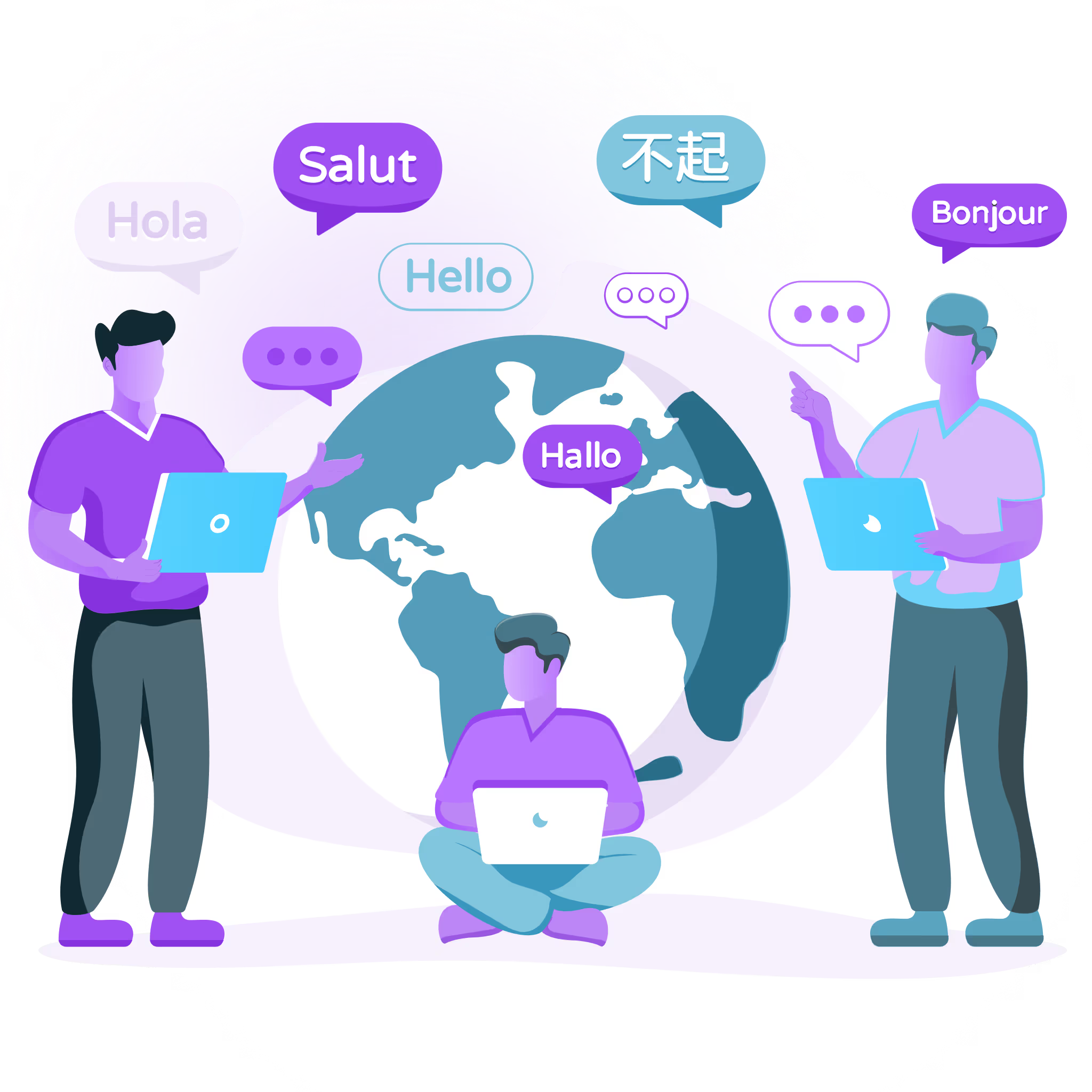In a globalized economy, it is very easy for most companies to penetrate a foreign market. However, not all of them get it right. The biggest mistake these companies make is to assume that their tried and tested marketing strategies applied back home can work for a completely new market as well.
Businesses today need to understand the importance of localization. A customer on the other side of the world is very different from the one back home. So, there are certain things that need to be observed and changed for a business to really tap into the potential a foreign market has to offer.
What’s even more important is that these businesses learn to optimize their respective localization strategies in order for them to be as effective as possible. Here are a few reasons why:
1. You’ll miss out
Market research has shown that 52% of non-native English speaking customers prefer to buy a product on the Internet if it is marketed in their native language. 56% of these customers also stated that information being made available in their own tongue had a tremendous impact on their purchasing decision.
To put it simply, if you aren’t optimizing your content to meet customer requirements, you are missing out on a significant customer base. It isn’t just about translation. It goes beyond all of that. You need to get inside your foreign customer’s mind by understanding his/her culture and seeing things from their perspective.
One way to do this is by hiring a cultural expert. If that’s not in your budget, at least hire locals as your employees and leverage their knowledge of the environment.
2. You’ll fail to relate
It’s no secret that the modern customer wants more from the brand he/she chooses to buy from. Of course, the product/service will always remain a priority. However, the values you share with your customer are just as important. In fact, that’s one of the ways in which you create brand loyalty.
For example, Timberland focuses on their G.R.E.E.N. Standard to combine profitability and community service. Similarly, TOMS shoes uses the One for One movement to identify itself with its customers. The point is that customers are more than just buyers, they are almost like friends or family. They need you to connect with them. This is true even for your cross-border customers.
To develop that connection you need to find what values your foreign customer cherishes. It doesn’t have to be a grand one. It could be something simple. For example, most eastern cultures place a high value on family. So, introducing a family oriented additional service or offer could help you engage with your customer better and strengthen your overall localization strategy.
3. Your competition will outpace you
You aren’t the only player in the new port. There are obviously other competitors in the market and some of them could be your oldest ones. The battle gets even tougher when localization is involved. So, if you aren’t doing your best, you are bound to lose out. So, always keep an eye on your competitor and make sure your optimization efforts are one step ahead.
This doesn’t mean you do exactly what your competitor is doing. For example, when it comes to SEO, it is better to opt for secondary categories and low competition keywords to establish your presence in a saturated market.
4. You might send out the wrong message
In 2009, HSBC had to spend around $10 million on rebranding due to a translation error. The company’s catchphrase, “Assume Nothing” ended up being wrongly translated as “Do Nothing” in more than one country.
Though we don’t have the details about what exactly went wrong, it doesn’t take a rocket scientist to figure out that HSBC took the translation thing too lightly.
If they had made the most of their resources to hire a professional translator, this most likely wouldn’t have happened. Plus, they would have saved $10 million.



%201.png)




